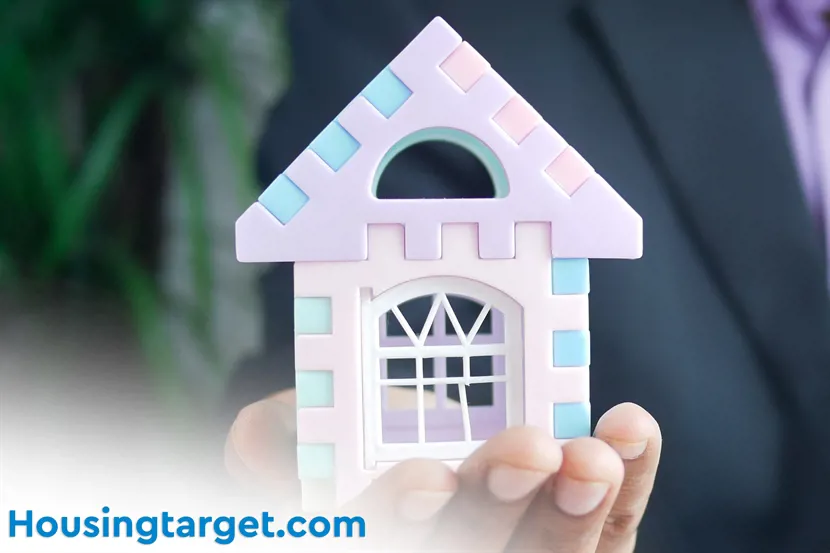Variable-Rate Mortgage Loan

What is a Variable-Rate Mortgage Loan?
A Variable-Rate Mortgage Loan, also known as an adjustable-rate mortgage (ARM), is a dynamic home loan option. Unlike its counterpart, the fixed-rate mortgage, which maintains a constant interest rate throughout the loan's duration, the variable-rate mortgage loan features an adaptable interest rate linked to a specific financial index, such as the prime rate or LIBOR (London Interbank Offered Rate).
How Does a Variable-Rate Mortgage Loan Work?
The interest rate of a variable-rate mortgage loan undergoes a recalculation at predetermined intervals, usually once a year or semi-annually. This adjustment can potentially impact the monthly mortgage payment. The primary allure of the variable-rate mortgage loan lies in its lower initial interest rate, which can result in potential monthly payment savings during the loan's early years.
What are the Risks of a Variable-Rate Mortgage Loan?
However, this advantage comes with an inherent risk: interest rate fluctuations. If the financial index to which the mortgage loan is linked starts to rise, the interest rate on the loan will follow suit, potentially increasing the monthly payments. Therefore, it's crucial for borrowers to assess their risk tolerance and financial stability, considering potential interest rate fluctuations before opting for a variable-rate mortgage loan.
What is the Impact of Variable-Rate Mortgage Loans on the Real Estate Market?
Variable-rate mortgage loans can significantly influence the real estate market. During periods of low interest rates, these loans can stimulate demand for housing, leading to escalating property prices and a fiercely competitive market. Conversely, when interest rates rise, variable-rate mortgages become less appealing, causing a slowdown in the real estate market as affordability decreases.
What is the Overall Impact of Variable-Rate Mortgage Loans?
In conclusion, variable-rate mortgage loans offer a dynamic home loan option that can be advantageous during periods of low interest rates. However, they also carry the risk of increased payments if interest rates rise. Therefore, potential borrowers should carefully consider their financial situation and risk tolerance before choosing this type of loan.
